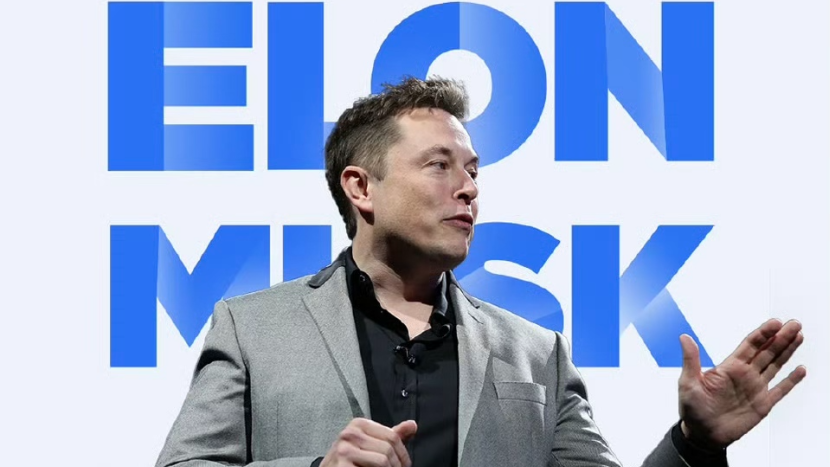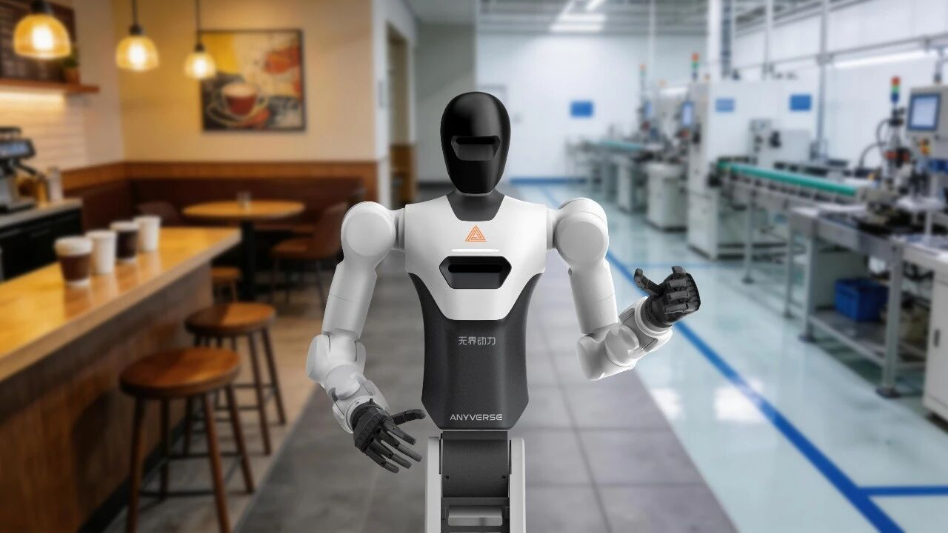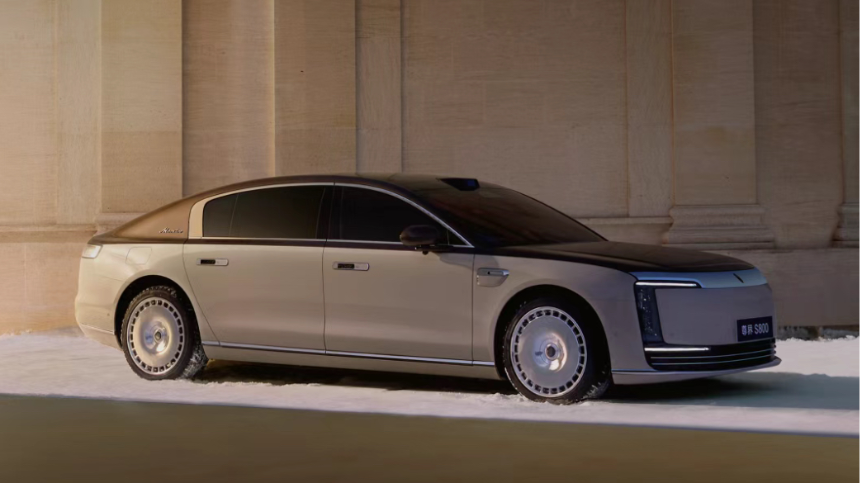State prosecutors said Wednesday a controversial transfer of technology for gasoline-electric hybrid cars to the China-based Shanghai Automotive Industry Corporation (SAIC) from Ssangyong Motor in Korea, owned by SAIC, in 2006 violated laws banning the transfer of sensitive information.
The Seoul Central District Prosecutors' Office indicted seven senior engineers at Ssangyong on charges of leaking technology essential to develop gasoline-electric hybrid cars.
The indictment is seen as acknowledging SAIC stole the technologies, but during a briefing the office said it had no plans to take legal action against the Chinese carmaker.
The Korean government provided nearly half of the funds used to develop the new technology between 2004 and 2008, the legal grounds the prosecution used to state that Ssangyong's transfer of subsidized homegrown technologies was done without state permission.
In June 2004, Ssangyong Motor, the smallest automaker based in Korea, succeeded in developing the key "Hybrid Control Unit" (HCU) in cooperation with German company FEV.
HCU is a component that enhances energy efficiency in hybrid cars.
Amid a domestic car market downturn hitting the company, SAIC took over a 48.9-percent stake in Ssangyong for 590 billion won in January 2005, becoming the largest shareholder.
Facing difficulty in developing a similar part on its own, the Chinese company had allegedly pressured Ssangyong engineers involved in the development to share the technologies, using its status as major shareholder.
The seven accused succumbed and gave the technology to SAIC without state permission in July 2006, said the prosecutors.
"They received no financial favors in exchange," the prosecution said in a statement.
The investigation into the alleged leak began in January 2007 after a tipoff from the National Intelligence Service.
At the beginning of the investigation, Ssangyong denied the allegation. The scandal also sparked controversy that SAIC took over the debt-ridden Korean company to "steal" expensive technologies Ssangyong had developed, and then threw the company away.
Anti-Chinese sentiment reignited after the company suspended its cash infusion into Ssangyong, partially contributing to the firm's massive layoff of assembly workers earlier this year and the ensuing two-month-long bloody protest against management by fired workers at its main plant in Pyeongtaek, Gyeonggi Province.
Staying under bankruptcy protection, Ssangyong last week found its fine-tuned turnaround plan rejected by overseas creditors.
The final meeting determining whether the company will be revived will be held at the Seoul Central District Court on Dec. 11.
Hit by the protest, Ssangyong said it sustained 316 billion won in production losses. Ssangyong, whose product lineup is focused on sports utility vehicles (SUV), is reportedly negotiating with two or three foreigner investors for a possible sale.









